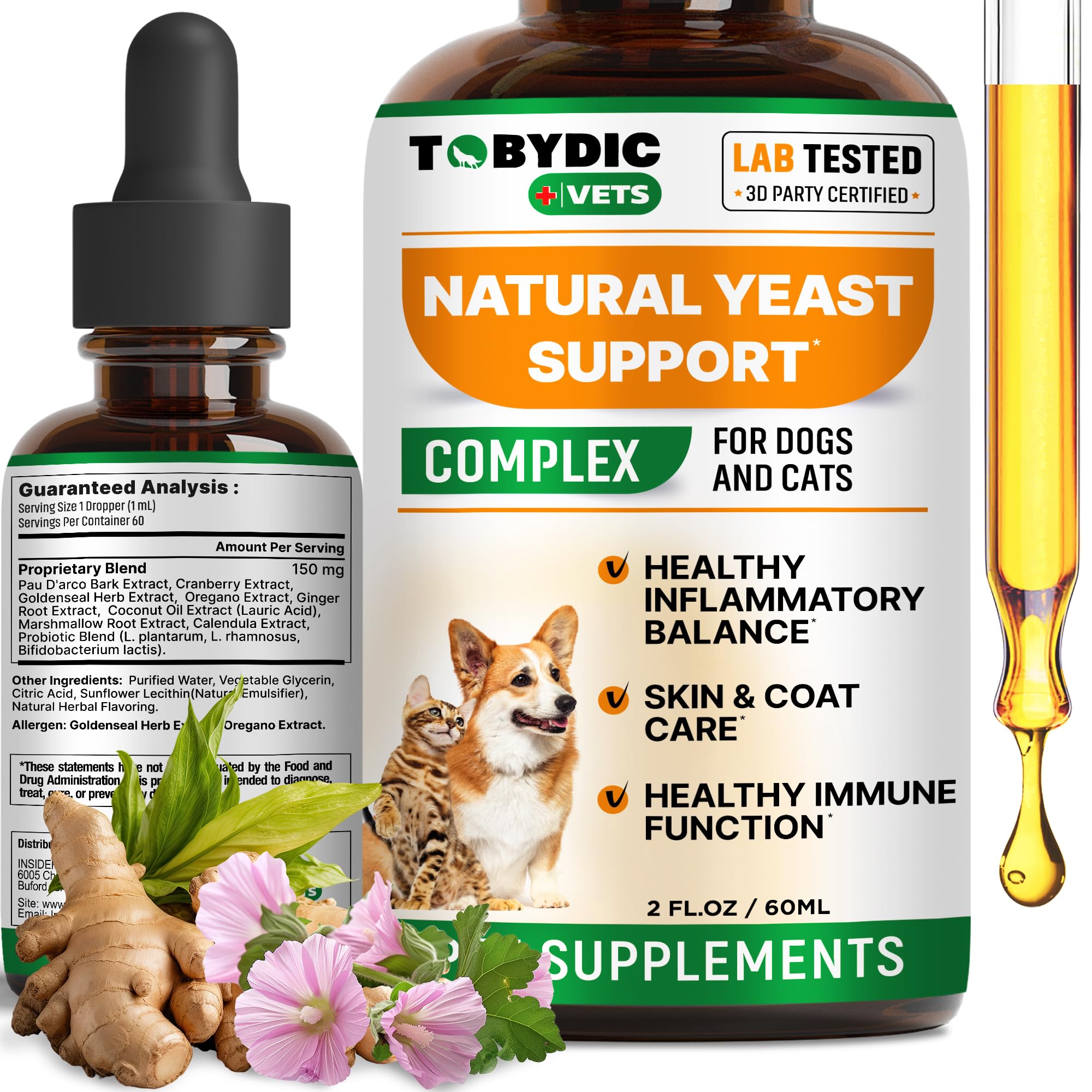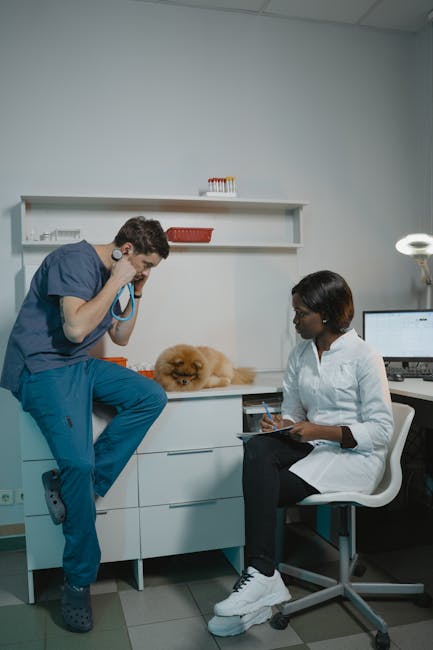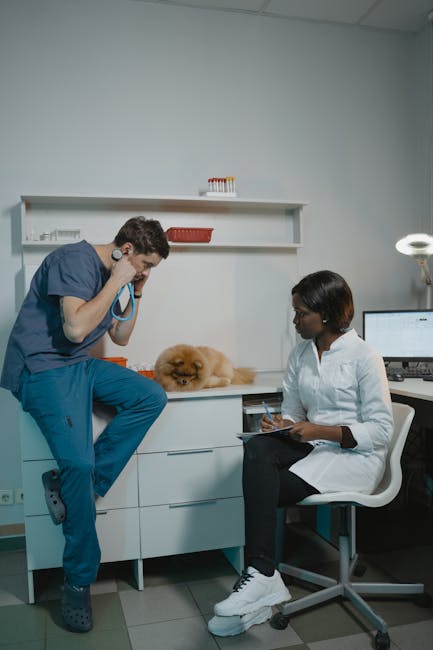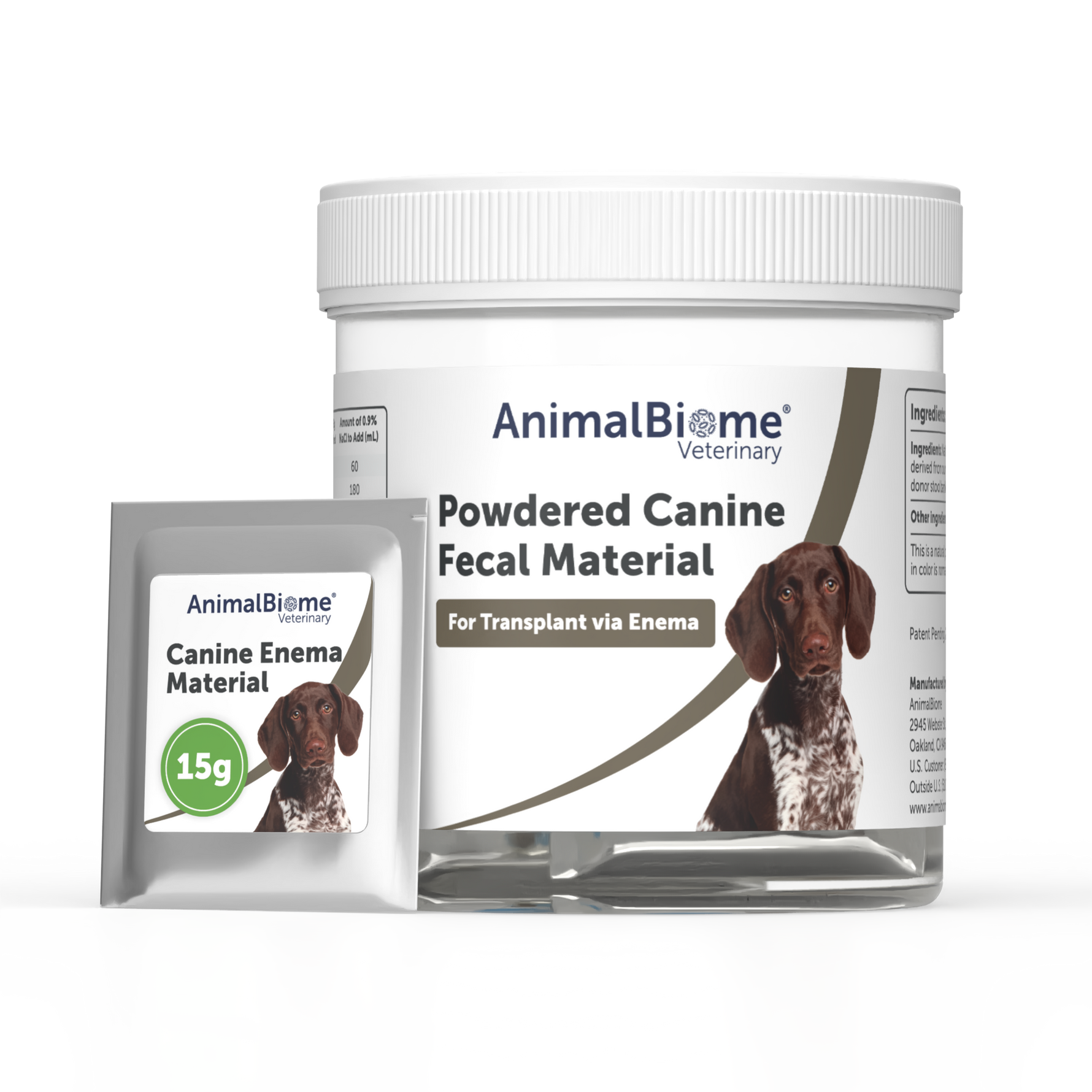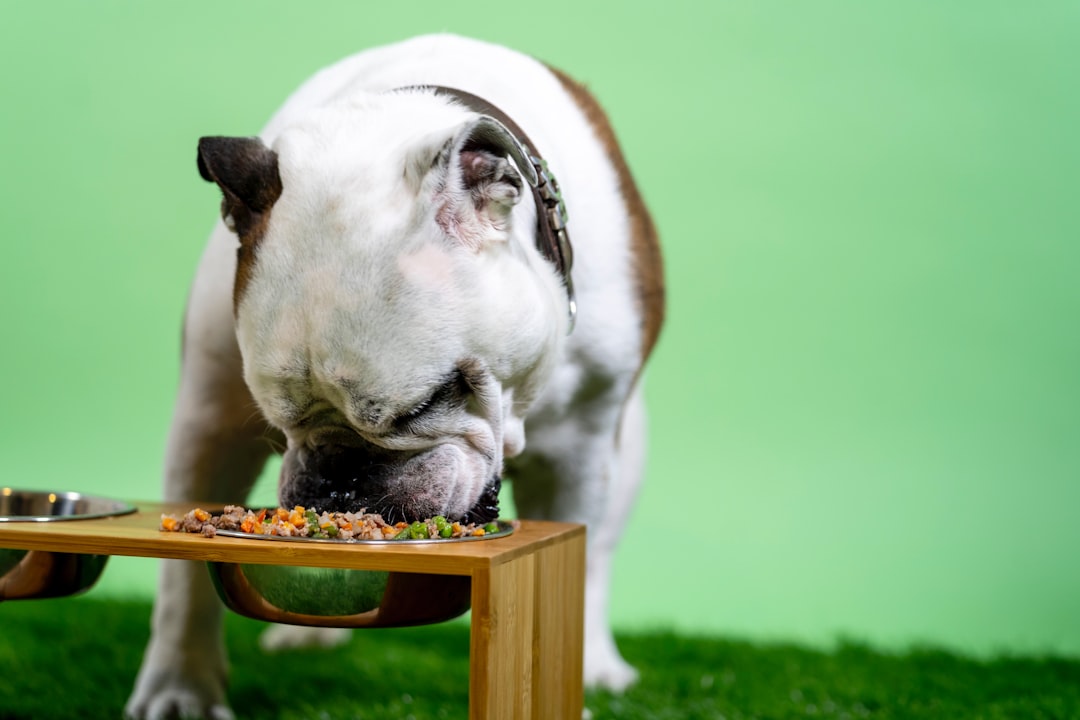Have you noticed your dog’s stool becoming softer than usual? It can be worrying when your furry friend’s digestion seems off.
What you feed your dog plays a big role in their digestive health. Some types of dog food might be causing those soft stools without you even realizing it. Understanding which foods could be the culprit can help you keep your dog comfortable and healthy.
Keep reading to discover the common types of dog food that may lead to soft stool and learn how to make better choices for your pet’s diet.
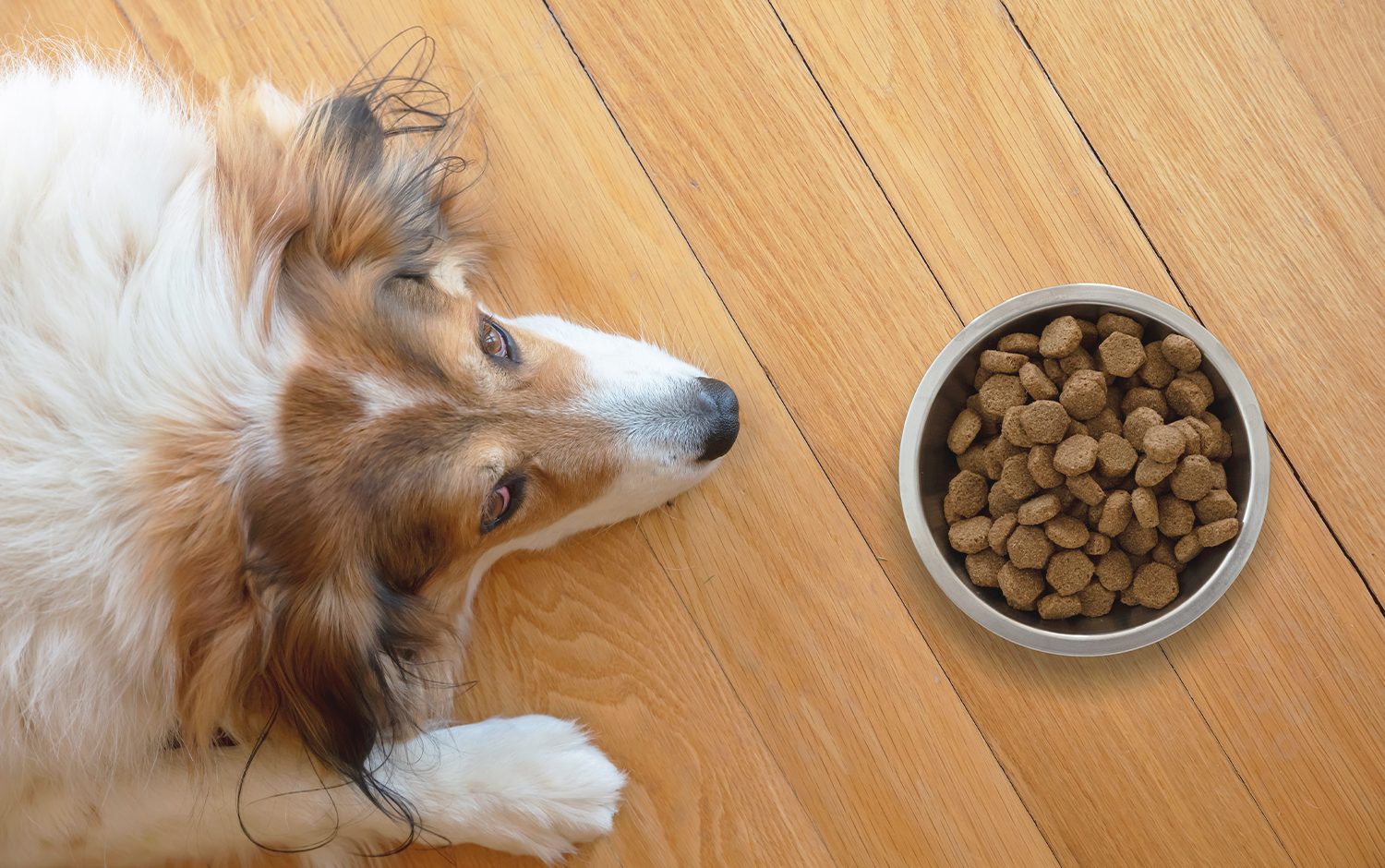
Credit: furchildpets.com
Common Dog Food Types Linked To Soft Stool
Understanding what types of dog food can lead to soft stool is crucial. It’s not just about feeding your dog; it’s about feeding them right. Different types of dog food can impact your dog’s digestion. Let’s explore some common types linked to soft stool.
Dry Kibble And Digestive Issues
Dry kibble is popular for its convenience. But it can cause digestive problems. Some dogs find it hard to digest. This can lead to soft stool. High fiber or certain ingredients can be culprits. Check the label for fillers like soy or corn.
Wet Food And Moisture Content
Wet food has high moisture content. It can affect stool consistency. Some dogs adjust well, others don’t. The moisture can lead to softer stool. This might be due to the richness of ingredients. Look for wet foods with balanced nutrients.
Raw Diets And Bacterial Imbalance
Raw diets are gaining popularity. They mimic natural eating habits. But they can cause bacterial imbalances. This can result in soft stools. Handling raw food requires care. Ensure it’s prepared safely to avoid issues.
Homemade Meals And Nutrient Imbalance
Homemade meals offer control over ingredients. But they can lack balanced nutrients. This imbalance can lead to digestive issues. Soft stool is often a sign. It’s essential to consult a vet for guidance on homemade diets.

Credit: yumove.co.uk
Ingredients That Trigger Soft Stool
Soft stool in dogs often links to specific ingredients in their food. These ingredients can upset digestion and cause loose stools. Understanding which components trigger this helps in choosing the right dog food. Below are some common culprits that may cause soft stool in dogs.
High Fat Content
Foods with too much fat can overwhelm a dog’s digestive system. Fat is harder to digest and may speed up bowel movements. This often results in softer or oily stools. Dogs with sensitive stomachs especially react to high-fat diets.
Excessive Fiber Levels
Fiber is important but too much can cause problems. High fiber in dog food can lead to loose stools and gas. It may also increase stool volume and frequency. Balancing fiber is key to maintaining firm stool.
Artificial Additives And Preservatives
Many dog foods contain artificial colors, flavors, and preservatives. These chemicals can irritate the gut lining. Dogs may develop softer stools or diarrhea due to these additives. Natural ingredient foods often reduce this risk.
Dairy And Lactose Intolerance
Some dogs cannot digest lactose in dairy products. Feeding dairy-based dog food causes soft stool or diarrhea. Lactose intolerance varies, but many adult dogs lose this ability. Avoiding dairy helps maintain healthy stool consistency.
Food Sensitivities And Allergies
Food sensitivities and allergies are common reasons why your dog might have soft stool. These conditions occur when your dog’s immune system reacts negatively to certain ingredients in their food. Identifying and managing these triggers can help improve your dog’s digestion and overall health.
Common Allergens In Dog Food
Some ingredients in dog food are more likely to cause allergic reactions or sensitivities. The most frequent offenders include:
- Beef– a common protein source that many dogs react to.
- Chicken– another popular protein that can cause issues.
- Dairy products– lactose intolerance or allergy to milk proteins.
- Wheat and grains– gluten or carbohydrate sensitivities.
- Soy– often found in cheaper dog foods and can trigger allergies.
Have you noticed your dog’s stool changes after eating certain treats or meals? This could be a clue pointing towards one of these common allergens.
Symptoms Of Food Allergies
Soft stool is just one sign your dog might be allergic to something in their food. Other symptoms to watch for include:
- Itchy skin or excessive scratching
- Red or inflamed ears
- Hair loss or hot spots
- Vomiting or gas
- Frequent ear infections
If your dog shows several of these symptoms alongside soft stool, it’s important to consider a food allergy as a possible cause. Have you ever wondered why your vet asks about your dog’s diet when they have skin issues? It’s because food allergies can affect more than just digestion.
Elimination Diets For Diagnosis
An elimination diet is a practical way to find out which food is causing your dog’s soft stool. This involves feeding your dog a simple diet with limited ingredients for several weeks. Usually, this means:
- Choosing a novel protein your dog hasn’t eaten before (like duck or venison)
- Using a single carbohydrate source (such as sweet potato)
- Avoiding all treats, supplements, or flavored medications that could interfere
If your dog’s stool improves during this time, you can slowly add back other foods one at a time. This helps pinpoint the exact ingredient causing the problem. Have you tried this approach with your dog? Many owners find it challenging but rewarding when they finally discover the culprit.
Feeding Practices Affecting Stool Consistency
Feeding practices play a key role in a dog’s stool consistency. How and what you feed your dog affects their digestion and bowel movements. Small changes in diet or feeding habits can lead to soft stool or diarrhea. Understanding these practices helps maintain your dog’s gut health and comfort.
Sudden Diet Changes
Switching your dog’s food quickly can upset their stomach. Dogs need time to adjust to new ingredients and formulas. A sudden change often causes loose stools or diarrhea. Gradual transitions over 7 to 10 days help prevent digestive issues. Mixing old food with new food in increasing amounts works best.
Overfeeding And Portion Control
Feeding too much food can overwhelm your dog’s digestive system. Overfeeding leads to incomplete digestion and softer stools. Proper portion control keeps digestion smooth and stool firm. Follow the recommended serving sizes on dog food labels. Adjust portions based on your dog’s weight, age, and activity level.
Treats And Table Scraps Impact
Excessive treats or human food can cause soft stool in dogs. Many treats have ingredients that upset digestion. Table scraps often contain spices and fats not suited for dogs. Limit treats to less than 10% of daily calories. Choose healthy, dog-safe treats to avoid stomach problems.
Preventing Soft Stool Through Diet
Soft stool in dogs often links to their diet. Changing what your dog eats can help firm up their stool. Focusing on the right food choices supports better digestion and overall health. Here are some key ways to prevent soft stool through diet.
Choosing High-quality Ingredients
Pick dog food with real meat as the first ingredient. Avoid foods with fillers like corn, wheat, or soy. These fillers can irritate your dog’s stomach. Foods with natural fibers help regulate digestion. Look for products with limited artificial additives and preservatives. Quality ingredients support strong digestion and firmer stools.
Gradual Food Transitions
Switch dog food slowly over 7 to 10 days. Mix a small amount of new food with the old food. Increase the new food amount each day. Sudden changes can upset your dog’s stomach. Gradual transitions help the digestive system adapt. This reduces the chance of soft stool or diarrhea.
Supplements For Digestive Health
Add probiotics to your dog’s diet to boost gut health. Probiotics balance good bacteria in the intestines. Fiber supplements can also improve stool consistency. Pumpkin puree is a natural fiber source for dogs. Digestive enzymes help break down food more easily. Consult a vet before adding supplements to your dog’s diet.
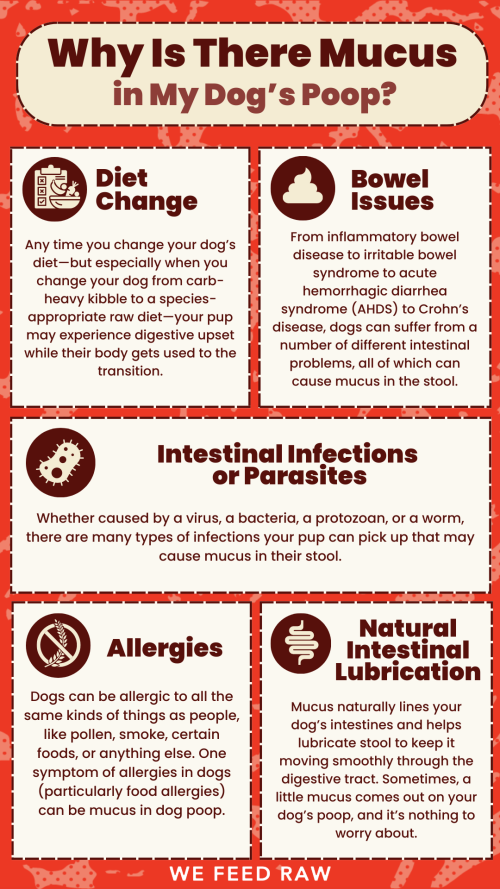
Credit: wefeedraw.com
Frequently Asked Questions
What Types Of Dog Food Cause Soft Stool?
Dog foods high in fat, fiber, or artificial additives often cause soft stool. Sudden diet changes also disrupt digestion. Some dogs react to dairy or low-quality ingredients, leading to softer stools.
Can Grain-free Dog Food Cause Soft Stool?
Yes, grain-free dog food can cause soft stools in some dogs. These formulas often contain higher fiber and alternative carbs, which may upset digestion. Monitor your dog’s response when switching to grain-free options.
Does Wet Dog Food Lead To Soft Stool?
Wet dog food can cause softer stools due to higher moisture content. It’s easier to digest but may increase stool moisture. Feeding balanced portions helps maintain normal stool consistency.
How Do Food Allergies Affect Dog Stool Consistency?
Food allergies can cause inflammation and digestive upset, resulting in soft or loose stools. Common allergens include beef, dairy, and wheat. Identifying and removing allergens improves stool firmness and overall gut health.
Conclusion
Certain dog foods can cause soft stool due to ingredients or poor digestion. Foods high in fat, dairy, or artificial additives often lead to upset stomachs. Some dogs react to grains or new proteins in their meals. Watch your dog’s reaction after changing food brands or types.
Choose simple, high-quality dog food to help firm stools. Always introduce new foods slowly to avoid tummy troubles. Knowing what causes soft stool helps keep your dog healthy and happy. Careful food choices matter for your dog’s digestion and comfort.

